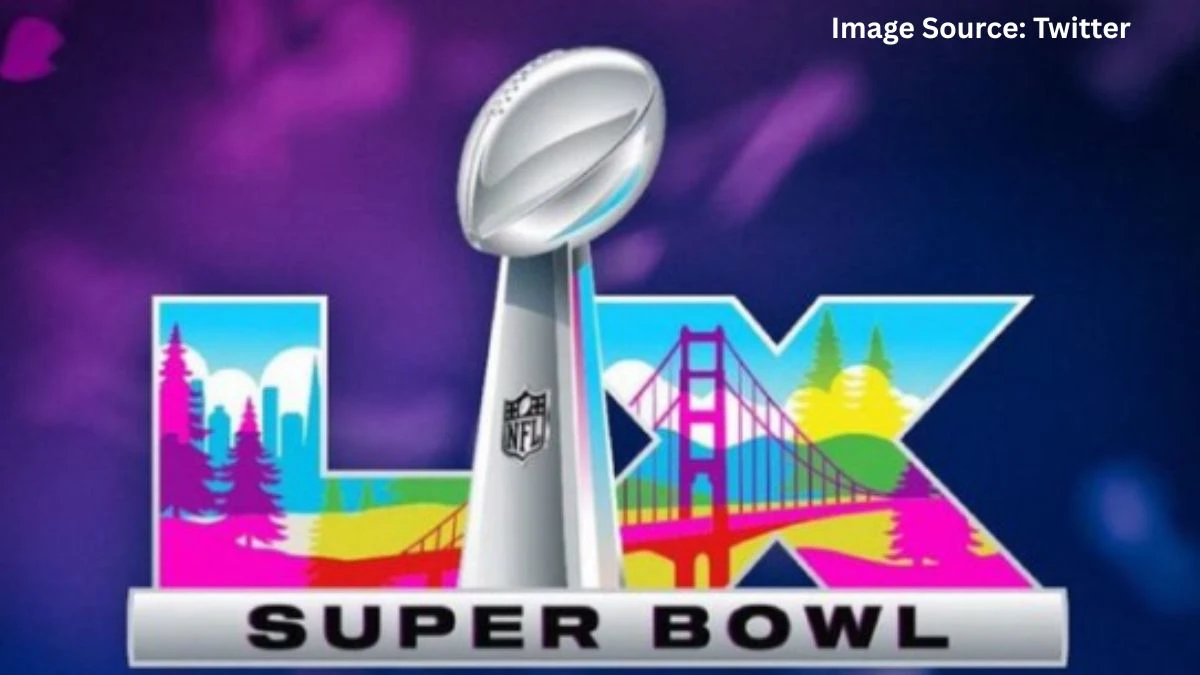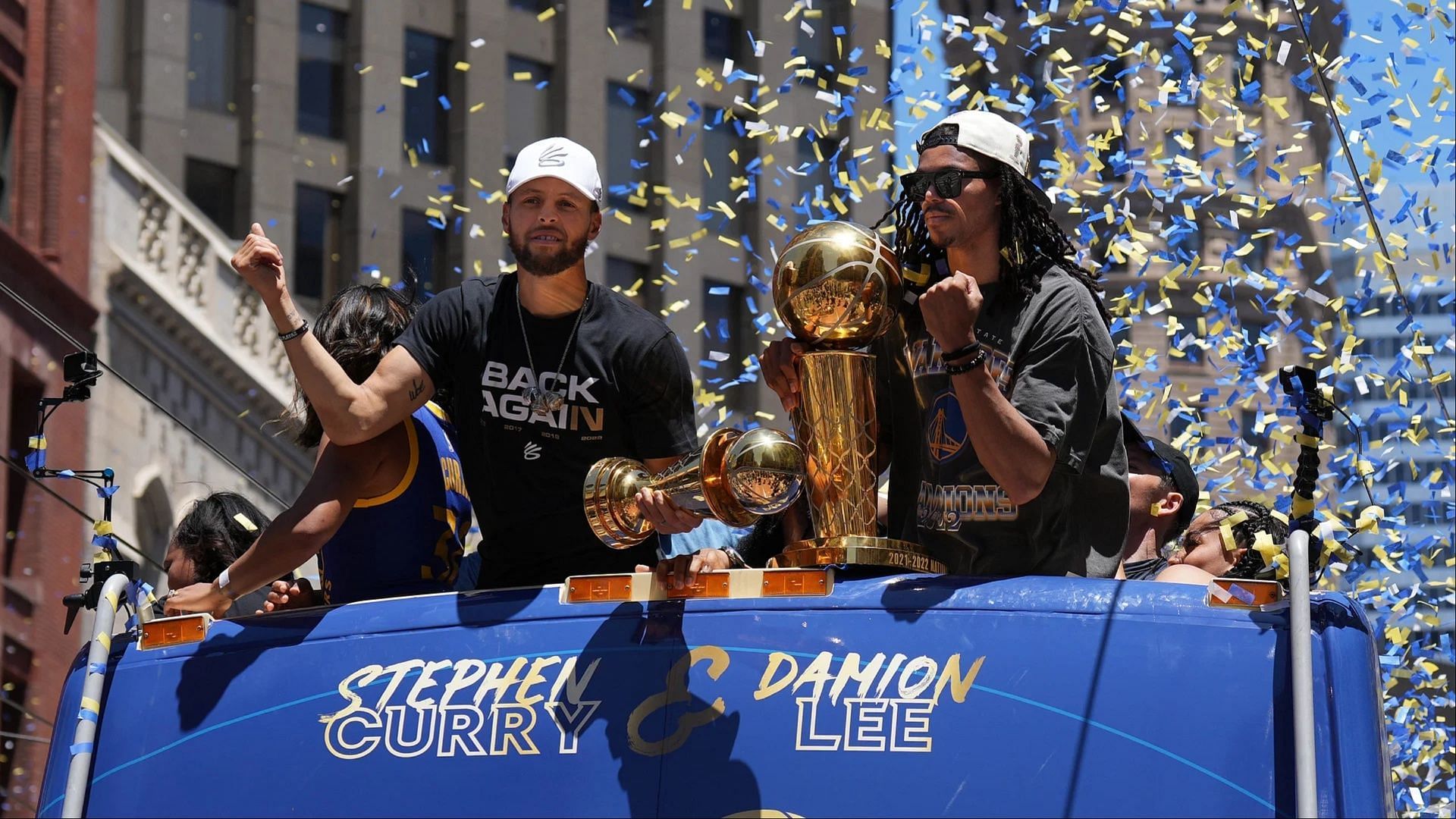Why The Halftime Show Sucked: Unpacking Disappointing Performances
Sometimes, a big event just doesn't hit right, and that's often how people feel when the halftime show sucked. You wait all year, you know, for that big moment in the middle of the game. Then, when it finally arrives, it can just fall flat, which is a bit of a letdown for everyone watching. It's more or less a universal experience, really, to have high hopes for something and then see it not quite live up to what you imagined.
There's a lot that goes into making a live performance truly shine, and when it doesn't, you can definitely feel it. It's not just about the music, you see; it's about the whole vibe, the energy, and whether it really connects with the crowd. People talk about these shows for days afterward, and if the general feeling is that it wasn't good, well, that conversation tends to stick around for a while, too it's almost.
Today, we're going to talk about why some of these big performances just don't land, and what makes people say, "that halftime show sucked." We'll look at the common things that can go wrong, and perhaps even touch on how a bit more polish, like what you'd use in creating a perfect sound, might help. You know, like how a musician might use special tools to make their tracks sound amazing, or something like that.
- Tom And Jerry 2020 Cast
- Millbutn Deli
- Cinema West Hartford
- Dodgercore Today
- Who Played Lurch On Addams Family
Table of Contents
- The Feeling When the Halftime Show Sucked
- What Makes a Halftime Show Fall Flat?
- The Impact of a Disappointing Performance
- Learning from the Feedback
- Frequently Asked Questions (FAQs)
- Moving Forward with Future Shows
The Feeling When the Halftime Show Sucked
It's a big deal, the halftime show, for so many folks. For some, it's actually the main reason they tune in, you know? They might not care much about the game itself, but they're really looking forward to seeing their favorite artists on that huge stage. So, when the performance doesn't quite meet expectations, it can feel like a real letdown, a kind of collective sigh of disappointment across living rooms everywhere. It's almost as if the air goes out of the room, you know?
That feeling, that the halftime show sucked, it tends to stick with people. It becomes a topic of conversation, not just for a few hours, but sometimes for days. People will talk about what went wrong, who was to blame, or what could have made it better. It's a bit like when you listen to a song, and the rhythm just isn't quite right, or the sound isn't clear; it just doesn't feel good, does it? That's the sort of reaction we're talking about here.
When you're hoping for something truly amazing, something that will make you feel excited and happy, and it just doesn't happen, that's when the disappointment sets in. It's not just about critiquing the artists; it's about the whole experience falling short. People want to be entertained, to feel that buzz, and if that buzz isn't there, well, that's where the phrase "halftime show sucked" comes from, you know, pretty much.
- Deandre Hopkins Height Weight
- Connecticut Department Of Motor Vehicles Norwalk
- What Happened To Kevin Gates
- Ewr Tsa Precheck Terminal C
- Amc Grand Prairie
What Makes a Halftime Show Fall Flat?
There are quite a few things that can contribute to a halftime show not being as good as people hoped. It's not usually just one big thing, but often a mix of different elements that just don't quite gel together. Think about it like a complex piece of music; if one part is off, the whole thing can sound a bit wrong. That's kind of how these shows can go, too, in a way.
One of the biggest culprits, arguably, is when the performance just doesn't have that spark, that something special that makes it memorable for all the right reasons. People want to feel engaged, to be part of the moment, and if the show feels distant or uninspired, it's hard to connect. This can be due to a few different factors, each playing its own part in the overall impression. It's really about the whole package, you know?
We can look at some common issues that often lead to the sentiment that a halftime show sucked. These are the things that viewers tend to pick up on, whether they're music experts or just casual watchers. It's about the collective experience, and what makes it less than stellar for the millions tuning in. So, let's explore what usually goes wrong, shall we, or rather, what tends to be the problem.
Sound Issues and Technical Glitches
Nothing can ruin a live performance faster than bad sound. If the vocals are off-key, or the music sounds muffled, or there are unexpected feedback noises, it really pulls you out of the moment. It's like listening to a track where the levels are all wrong, or the bass is just too much; it makes it hard to enjoy. This is a very common complaint when people say the halftime show sucked, you know, pretty much.
Think about how much effort goes into making recorded music sound perfect. Tools like "Halftime" or "Shaperbox" from Cableguys, for instance, are designed to make audio precise, to give it that perfect rhythm and flow, or to shape the sound just right. When a live show lacks that kind of careful sound engineering, it's really noticeable. You might hear crackling, or the instruments might not be balanced correctly, and it just creates a messy sound, which is not what you want at all.
Sometimes, it's not even the sound mix but actual technical glitches. Microphones cutting out, instruments failing, or visual effects not working as planned can really disrupt the flow. These little hiccups, or sometimes big ones, can completely derail a performance, leaving everyone feeling a bit awkward. It's a major reason why a show might feel like it just didn't work, and honestly, it's pretty frustrating for everyone involved, too it's almost.
Lack of Energy or Connection
A great live show needs energy, plain and simple. The performers need to be excited, to be putting their whole selves into it, and that energy needs to reach the audience. If the artists seem tired, or like they're just going through the motions, it's hard for anyone watching to feel excited too. It's a bit like a flat soda, you know, it just doesn't have that fizz anymore, and that's not good.
Connecting with such a massive audience, both in the stadium and at home, is a huge challenge. Some artists are just naturally better at it, able to make everyone feel like they're part of something special. Others, however, might struggle to bridge that gap, and the performance can feel distant, almost cold. This lack of connection can really make a show feel hollow, and people will often say the halftime show sucked because of it, or something like that.
It's not just about jumping around, either. Energy can come from powerful vocals, intense emotion, or even just a really strong stage presence. But if none of that is there, if the performance feels lifeless, then it's tough to enjoy. People want to feel something, to be moved, and if the show doesn't deliver that emotional punch, it's definitely a letdown. So, energy, or the lack of it, is a very big deal, really.
Uninspired Song Choices
The setlist, or the list of songs performed, is incredibly important for a show like this. Artists usually have a huge catalog of hits, and picking the right ones for such a short, high-stakes performance is key. If they choose songs that aren't well-known, or ones that don't really fit the big stage, it can leave the audience feeling confused or just bored. It's a bit of a gamble, selecting what to play, isn't it?
Sometimes, an artist might try to use the platform to showcase new material, or songs that are more artistic but less universally appealing. While that's fine for a regular concert, the halftime show is different; it's for everyone. People want to hear the big anthems, the songs that make them want to sing along and dance. When those popular hits are missing, it can feel like a missed opportunity, you know, a pretty big one.
The pacing of the songs also matters. You need a mix of high-energy tracks and perhaps a moment or two for a ballad, but it all has to flow well. If the song choices feel disjointed, or if they don't build up to a big finish, the whole performance can feel a bit flat. This is another common reason why folks might feel the halftime show sucked; the music just wasn't what they were hoping for, or something like that.
Overly Ambitious or Confusing Production
Halftime shows are known for their spectacle: the lights, the dancers, the elaborate sets, the fireworks. But sometimes, a production can become too much, or too confusing. If there's too much happening on stage, it can distract from the actual performance, making it hard to know where to look or what to focus on. It's like trying to listen to too many different sounds at once; it just becomes noise, doesn't it?
Imagine a situation where the visual effects are so overwhelming that you can barely see the artist, or where the story they're trying to tell through the production just doesn't make sense. This can leave viewers feeling bewildered rather than entertained. A good production should enhance the music, not overshadow it or make it harder to appreciate. It's a delicate balance, really, between grandeur and clarity, or something like that.
Sometimes, the ambition outstrips the execution. They might try something incredibly complex, but it doesn't quite come off, leading to awkward transitions or visible errors. These moments can really take away from the magic. When the production feels messy or disorganized, it contributes to that overall feeling that the halftime show sucked, because it just wasn't put together well, you know, pretty much.
The Impact of a Disappointing Performance
When a halftime show doesn't live up to the hype, the impact goes beyond just a few disappointed viewers. It becomes a major talking point on social media, in news articles, and among friends. People love to share their opinions, especially when something big doesn't quite work out. This kind of widespread negative feedback can really stick to an artist or a production team, you know, for a while.
For the artists themselves, a poor performance on such a massive stage can be quite damaging to their reputation. They've worked hard, and they want to deliver something amazing, but if it falls flat, it can be tough to shake off. It might lead to questions about their live abilities or their choices, which is a bit unfair sometimes, but it happens. It's a very high-pressure situation, after all, and honestly, anything can go wrong.
Even for the event organizers, a widely criticized halftime show can affect how people view the overall event. While the game is the main attraction, the halftime show is a significant part of the spectacle. If that part isn't great, it can leave a sour taste, even if the game itself was fantastic. So, a bad show can really leave a mark, and people tend to remember it for quite some time, too it's almost.
Learning from the Feedback
Every performance, good or bad, offers a chance to learn. When people say the halftime show sucked, that's valuable feedback, even if it's harsh. It points to areas where things could be better for next time. Understanding why something didn't resonate with the audience is the first step towards making future shows truly spectacular. It's about listening to what people are saying, basically, and taking it on board.
For instance, if sound quality is a constant complaint, then investing more in top-tier audio equipment and experienced sound engineers becomes a clear priority. Just like in music production, where tools like "volumeshaper" or "reverbshaper" are used to fine-tune every sound, a live show needs that same level of attention to detail. You want everything to be crisp and clear, so everyone can hear it perfectly, you know?
If the issue is a lack of energy or connection, then perhaps the focus needs to shift to selecting artists who are known for their incredible stage presence, or working with choreographers who can create more dynamic performances. It's about finding that spark, that genuine excitement that makes a show unforgettable. Every piece of criticism, in a way, is a guide for improvement, or something like that.
This ongoing conversation about what makes a great show, and why some might not hit the mark, is actually quite healthy. It keeps everyone involved on their toes, pushing for better and more engaging experiences. It encourages innovation and creativity, always striving to deliver something that truly wows the millions watching. So, even when a halftime show sucks, there's always a silver lining, you know, in terms of learning.
Frequently Asked Questions (FAQs)
People often have questions when a big performance doesn't quite live up to expectations. Here are a few common ones:
Why do some halftime shows get so much criticism?
Often, it comes down to a mix of things, you know, like technical problems with the sound or visuals, or maybe the artist just didn't bring enough energy. Sometimes, the song choices aren't what the audience expects, or the whole production feels a bit too much or confusing. It's usually a combination of these elements that makes people feel the halftime show sucked, pretty much.
Is it fair to say a whole show "sucked" because of one mistake?
Not always, no. One small mistake usually doesn't ruin the whole thing. But if there are several noticeable issues, or if a major technical glitch happens, it can really impact the overall impression. People remember the big moments, and if those moments are negative, it can overshadow everything else. So, it really depends on the severity and frequency of the problems, you know, honestly.
What can make a halftime show truly great?
A truly great show usually has amazing sound, incredible energy from the performers, and a setlist full of popular, high-impact songs. The visuals should enhance the performance, not distract from it, and everything should flow smoothly. It's about creating a memorable experience that connects with everyone watching, making them feel excited and happy. It's a big task, but when it works, it's amazing, too it's almost.
Moving Forward with Future Shows
The discussion around why a halftime show sucked is a big part of the event's legacy. It's a reminder that live performances, especially on such a grand scale, are incredibly complex and challenging. There are so many moving parts, from the artists and their teams to the technical crews and the massive stage setup. It's a huge undertaking, really, and getting it all perfect is a very tall order, you know.
Looking ahead, the hope is always for future shows to learn from past experiences. Whether it's about refining the audio mix, ensuring flawless transitions, or picking just the right blend of songs, every bit of feedback helps. The goal is to create something that resonates with millions, something that people will talk about for all the right reasons. It's about aiming for that perfect moment, that snapback of excitement, like a well-timed beat in a track, that truly hits home.
Ultimately, the desire is to give audiences a show that leaves them feeling thrilled, not disappointed. It’s about delivering an experience that feels polished and powerful, much like a finely tuned audio track created with tools such as Shaperbox or Halftime, which are designed to make every sound just right. We all look forward to those moments that truly shine, you know, and that's what everyone hopes for each year. Learn more about live performance events on our site, and link to this page for more insights into audience reactions.
- Ruth Chris Private Event
- What Did Matthew Mcconaughey Win Oscar For
- Outlet Centermithfield Nc
- Cal S Newstore
- Temperature For Medium Rareteak

Who Is Performing at the Super Bowl 2026? Check Out the Super Bowl Date

"Look at it for a minute or two" - Damion Lee reveals Steph Curry

Carrie Underwood for Super Bowl Halftime Show? Fans Say It's Long Overdue